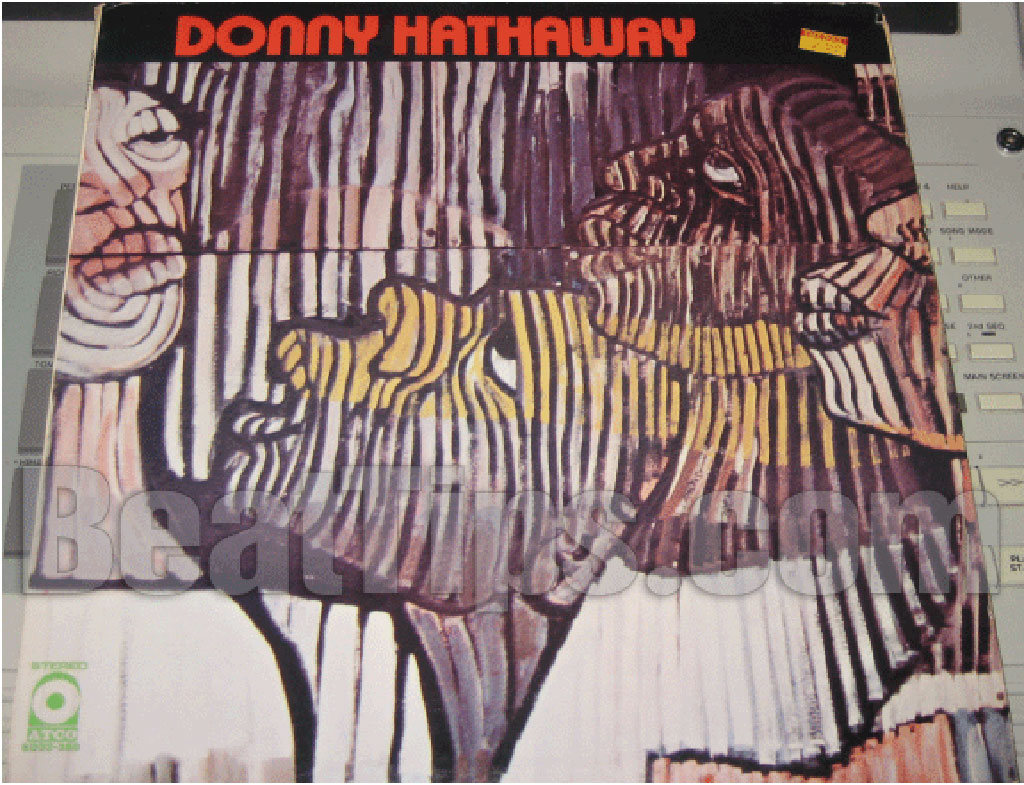Why Vinyl Reissues Are a Good Thing
Vinyl reissues offer true value in more ways than one.
Every Friday, I used to spend a brief part of the afternoon digging through vinyl records at a shop over on St. Marks Place, down in the East Village. New York used to be full of used record stores like this, but alas things done changed… Even when it was during the scorching hot, pre-summer New York City days, I wouldn’t miss my chance to discover something new.
As I think about those days right now while I’m listening to Skyzoo and Pete Rock’s beautiful album Retropolitan, from my home in Paris, a couple of years removed from Brooklyn, I’m thinking about that old record shop, and the last time I saw it. Not knowing that it would be the last time that I’d probably visit the spot, I didn’t go inside the store and get a blast of their air conditioning inside. Instead, I remained on the exterior in front of the store, digging through their “tease” crates full of soul, latin funk, and jazz.
Sitting atop several long tables, these crates were loaded with a number of hidden gems, many of which I already have and a few I’d never been able to get my hands on in the past. Also, inside these crates there were two albums that stood out above all the others: Donny Hathaway’s Everything Is Everything and Donny Hathaway.

Arguably, Hathaway’s greatest album and certainly one of my all-time favorites, Everything Is Everything is a masterful piece of soul music that stings your heart and tugs at your body. Self-dubbed as one of my personal “must-haves,” I spent nearly five years (more than a decade ago) trying to land a copy of Everything Is Everything. Previously, I’d been able to hold on to several borrowed copies of this LP — unfortunately, this was one of those albums that people always remembered to ask me to return.
When I obtained my own copy of Everything Is Everything (for $100!), I remember vowing to never lend it out to anyone. It was an original print, near mint copy with one of the cleanest covers (less-worn) I’d ever seen. And I wasn’t about to risk losing this gem. It wasn’t easy for me to get and therefore, I was going to make sure that I never let it go. But after a couple of moves and a series of vinyl collection re-locations, my copies of Everything Is Everything and Donny Hathaway turned up missing.
It would take another couple of years before I was able to replace both albums. Moreover, it cost me $65 for another copy of Everything Is Everything and $59 for another copy of Donny Hathaway, neither of which were anywhere near the condition of the one that I had before. So imagine the reverse sticker-shock that I felt when I came across a sealed copy of Everything Is Everything and Donny Hathaway, sitting right there in an old milk crate, sandwiched between two sealed copies of Gil Scott-Heron’s Pieces of a Man. All four records $12 each! Goldmine! I thought. Then it hit me: These albums were…reissues.
To some, particularly die-hard purist diggers and record collectors, reissues might hold little to no appeal. Furthermore, there are some sample-based beatmakers who claim that using reissued vinyl is not quite the same thing as using the “real deal,” that is to say, vinyl pressed on or near the recording’s original release date. To be fair, that’s not entirely untrue. In fact, I wrote about the standards and best practices in this regard in my book The Art of Sampling.
Part of the appeal of original print vinyl is its oldness — it’s dusty, scratchy nature. Plus, there’s the matter of the recording used for the reissue. Does the reissue contain the original master recording, with all of its vintage mix, pre-mega loud glory, or does it use a remastered version? Which particular sound that a reissued vinyl record possesses is important to me. I’m usually not interested in vinyl that carries a remastered version of the original work. But despite some minor misgivings of using reissued vinyl, I see reissued vinyl — and here, I’m specifically referring to “exact reproduction” reissued vinyl, not the re-mastered stuff — as a good thing, for a number of reasons.
First, reissued vinyl gives beatmakers, new and old, the chance to have access to wonderful, era-defining recordings in the vinyl format. And although other audio formats like CD, MP3, and WAV can indeed serve the purposes of sampling, there can be no denying that working with vinyl presents an entirely different feel and aesthetic.
Second, vinyl reissues (sometimes the only option if you’re searching for a vinyl recording) offers beatmakers a lesson in sound quality and the audio nuance of recordings from more than 30 years ago, a time long before the digital takeover and the war against warm mixes. By being able to hear the differences in recordings, the tones, colors, and overall sonic impressions, you can extract a number of different musical ideas and sonic frameworks to apply to the sound design of your own beats.
Third, vinyl reissues, by virtue of their format, extend the connection between beatmakers and vinyl, and like sampling itself, they can help reconnect beatmakers to the DJ’ing component of beatmaking. There are a growing number of beatmakers who are interested in working with vinyl, but because of the often difficult nature of obtaining vinyl (i.e., a sparse number of used vinyl records stores around the world), they are not able to get their hands on any. Vinyl reissues addresses this interest (demand) and makes a whole host of great recordings available in the vinyl format, both online and even at some stores that carry new CDs and other related merchandise.
Finally, vinyl reissues help decrease the vinyl record accessibility gap that exists today. No doubt vinyl reissues provide a means for many beatmakers to access vinyl records that they would not otherwise be able to. Moreover, most vinyl reissues are reasonably priced and available online. With increased accessibility comes the potential for scores of music makers to discover (or rediscover) quality music styles and sounds that have, unfortunately, been forgotten.
